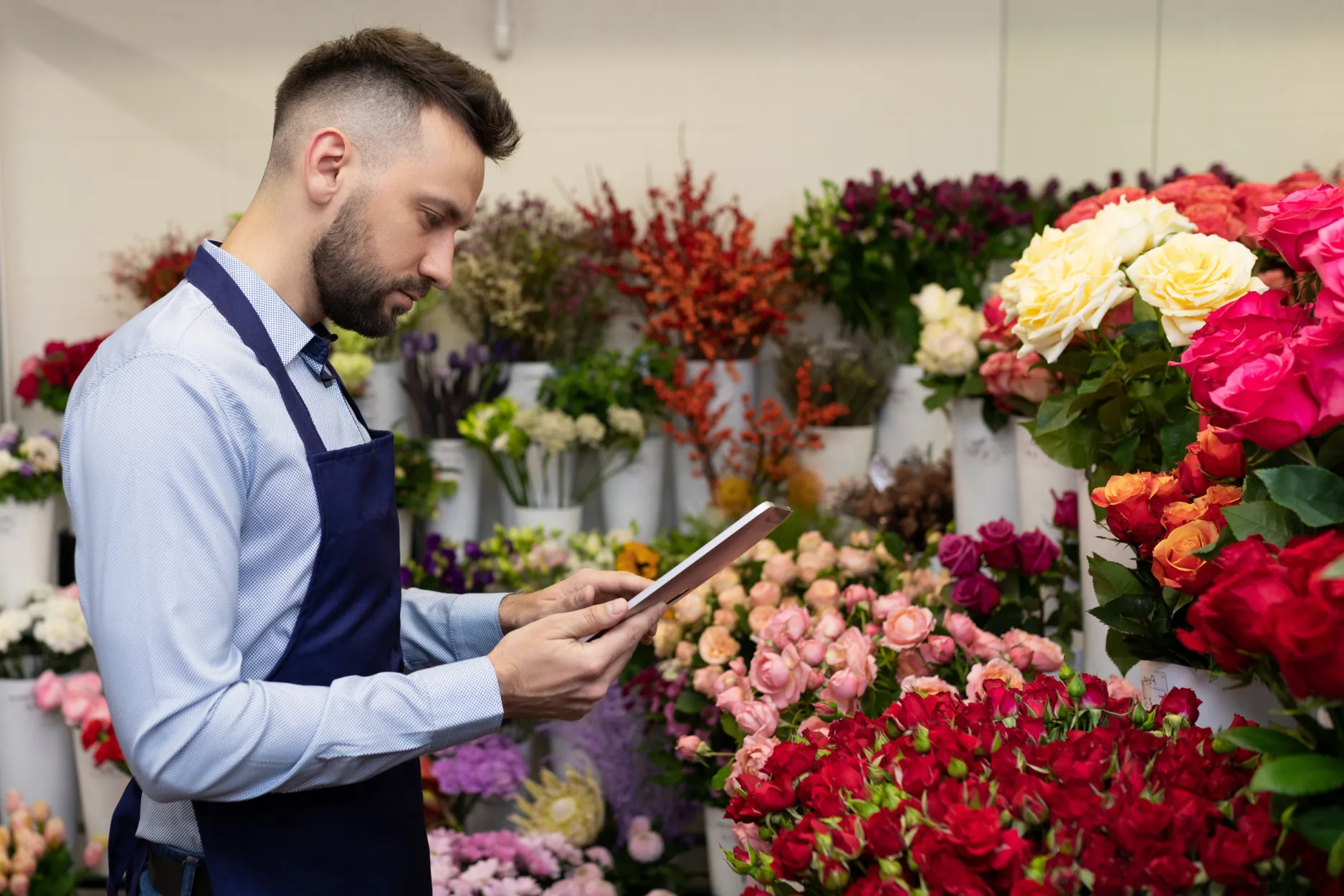
In the fast-paced world of retail, businesses are always on the lookout for new ways to engage with customers and keep them coming back for more. Enter next-generation retail, powered by immersive experiences. It's not just about flashy tech; it's about creating a shopping experience that customers love.
In this blog, we're going to dive into the exciting world of immersive retail experiences and see how they're changing the game for customer loyalty and retention. We'll draw inspiration from various sources to show you how these ideas are being put into practice right now.
Immersive experiences in retail cover a lot of ground, from virtual reality (VR) and augmented reality (AR) to 3D modeling and interactive displays. But what makes them truly special is how they can make customers feel, and that's what we're about to explore.
Crafting Unforgettable Customer Experiences
One thing that sets immersive experiences apart is their ability to create unforgettable, personalized customer journeys. According to a Deloitte report, a whopping 88% of consumers are willing to pay extra for a better shopping experience. That's a clear signal that investing in immersive tech is a smart move.
Let's take a leaf out of IKEA's book. They've been at the forefront of using AR to enhance customer experiences. Their IKEA Place app lets you see how furniture will look in your home before you buy it. Not only does it cut down on returns, but it also adds a dash of excitement to the shopping process. This kind of engagement keeps customers coming back.
Online shopping has its perks, but it can't quite match the tactile experience of a physical store. That's where 3D immersive environments come in, offering customers a virtual way to interact with products. This doesn't just lead to smarter buying decisions; it also makes customers happier.
Check out Zara's approach. They're using 3D models to showcase their clothing collections in a lifelike, interactive way. You can zoom in, spin things around, and even see how the fabric moves. All of this from the comfort of your home. It's not just a one-time thing; it keeps customers engaged and eager to see what's next in the collection.
Personalization and the Path to Loyalty
Immersive experiences are also champions of personalization, a major driver of customer loyalty. An Epsilon study found that 80% of consumers are more likely to make a purchase when brands offer personalized experiences.
Amazon, a trailblazer in personalization, uses data-driven recommendations to tailor product suggestions. Now, think about combining this with immersive tech. Amazon could let you virtually try on clothes, experiment with new hairstyles, or see how furniture fits into your living space. This level of personalization keeps customers loyal and increases their lifetime value.
Bringing Immersive Experiences to Physical Stores
While e-commerce is booming, physical stores remain crucial. Retailers are using immersive experiences in stores to blend the best of online and offline shopping.
Nike, for instance, offers a personalized experience in its stores. You can design your own sneakers, see them in different colors, and even have them 3D-printed right there. It's a fusion of tech and the traditional store experience, strengthening customer loyalty by offering something unique and memorable.

Now, let's get down to the nitty-gritty and look at some real-world examples of how immersive retail experiences are changing the game:
Read Also: 3D Revolution in Design: Enhancing Interior Spaces with Innovative 3D Visualization
In conclusion, the next generation of retail is here, and immersive experiences are leading the charge. As retailers continue to innovate, these technologies have the potential to revolutionize how we shop. By creating unforgettable customer experiences, improving product discovery, personalizing interactions, and blending online and offline shopping, immersive experiences are reshaping customer loyalty and retention.
If you're in business, embracing these technologies and staying tuned in to real-world applications is essential to secure your place in the next-generation retail landscape. So, take inspiration from industry leaders and get ready to immerse your customers in a shopping journey they'll remember and return for.
FAQs
No, immersive tech is also used in physical stores, creating unique, tech-infused in-store experiences that attract and retain customers.
Immersive experiences enhance personalization, making customers feel valued, and provide an exciting, informative way to explore products, leading to increased loyalty.
Immersive retail experiences use technologies like AR and VR to engage customers in interactive, memorable shopping journeys.